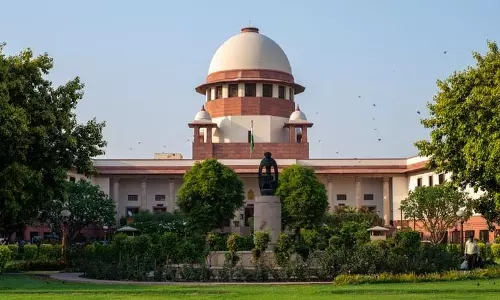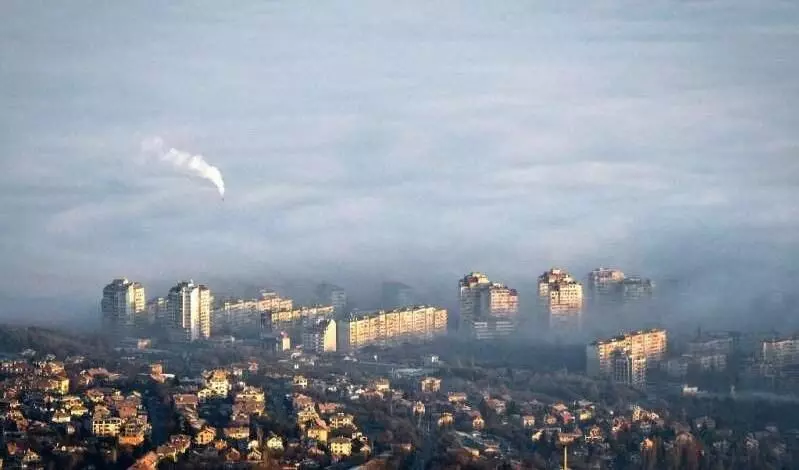
Limiting air pollution could reduce 50000 deaths in Europe annually.
text_fieldsAir pollution has always been a major cause of morbidity and mortality in today's world. A new study published in The Lancet Planetary Health now reveals that about the 50,000 deaths occurring annually in Europe could be avoided if air pollution is limited to the levels suggested by the World Health Organization.
The WHO has estimated about 7 million people die every year from air pollution. So, a considerable amount of deaths could be decreased every year if the concentration of air pollutants in the air is brought below WHO guidelines.
Cities with their crowded spaces, energy use and high traffic act as the hotspots for illness and other respiratory diseases. But many of the cities exhibit a shocking apathy to such matters thereby refusing to take up necessary measures in tackling the air pollution issue. This study is the first to have estimated the premature mortality rate due to air pollution in about 1000 cities across Europe.
WHO has recommended a strict threshold for fine particulate matter (PM 2.5) and NO2 so that the limit is not exceeded.
4 per cent of the population in these cities were exposed to a dangerous amount of PM2.5 in the air and 9 per cent exposed to NO2 levels above the WHO guidelines.
Deaths due to air pollution varied widely in different cities. The excessive levels of NO2 in Madrid are responsible for 7 per cent of death annually.
Now that the direct link between the high variability in mortality rate and poor air has been established, it is high time local emission reduction policies are introduced in cities across the world. A ban on domestic wood and coal burning, a call for planting more trees, a shift from the use of private vehicles to public transportation are some of the ways to keep the concentration of these pollutants below the line of danger.
























